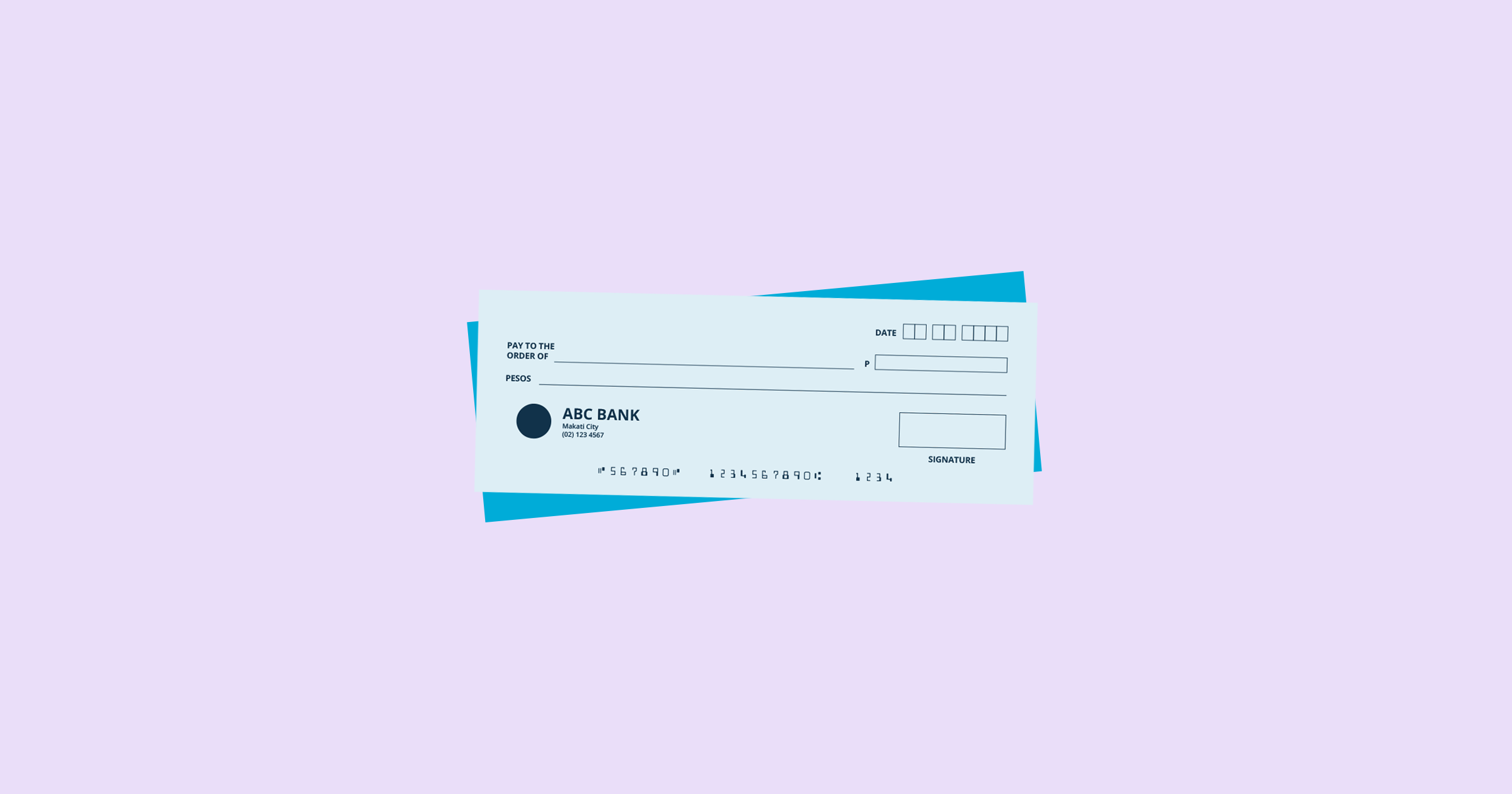When a disaster is looming, people naturally take steps to protect themselves and the things they hold dear. If you had enough time to prepare, you’d secure your belongings, stock up on essentials, and keep emergency equipment close by.
However, there are assets that aren’t as visible and may not appear as vulnerable, like investments. Is there anything you need to do to protect them?
In this article, we’ll explore the potential effects of disasters on investments and what you can do to brace yourself.
Direct effects of natural disasters on your investments
Being in the Pacific Ring of Fire, the Philippines is no stranger to typhoons, floods and earthquakes. These types of natural disasters can easily wipe out property in a matter of minutes or seconds, and this kind of destruction could have the following effects on your investments:
- Damage to assets
Real estate assets are particularly vulnerable to natural disasters. If you own and rent out a residential or commercial property, you’d be familiar with the impact of disasters on your investment.
Heavy rains, flooding, and strong winds could mean costly repairs or a renovation. Major damage to property can also have consequences for companies, which could be a concern for their investors.
Real estate owners should also be wary of small damages. If you keep on putting off repairs, they can eventually lead to more damage, therefore, a bigger repair bill.
- Disruption of businesses
Disasters can disrupt transportation, communications, and water and power supply. Without these, some companies cannot provide goods and services. Their productivity and revenue will decline.
Damage to infrastructure can also limit people’s movement and restrict their spending. Some people may even limit their expenses at that time, just in case. You may see trouble in certain sectors like retail, tourism, and logistics.
- Panic selling and impact on financial markets
Investor confidence may suffer following a catastrophe. A significant event could cause many investors to sell stocks of companies (whether affected or otherwise) in various industries, causing prices to go down.
Instead of investing, some people might think of either withdrawing funds and staying in cash. Investors may delay making new investments until everything settles down.
In extreme cases, stock markets could put trading on hold. One example is the Covid-19 pandemic, which caused the Philippine Stock Exchange (PSE) to shut down operations temporarily.
It’s important to note that the volatility might not last very long, and the market might recover after a while. You should assess the situation with care before making any big decisions.
Indirect effects of natural disasters on your investments
Some effects of disastrous events will not be seen right away. They may come up over time through economic and social changes.
Residents of disaster-prone areas could eventually move to safer locations. This is worth noting if you have investments in such areas, like a business or a real estate property.
On a larger scale, disasters can slow down or even curb a country’s economic development. If left unaddressed, this may impede investment opportunities and potential for growth.
What can you do to prepare?
You can’t always predict when disaster will strike. However, there are things you can do to boost your financial resilience. Here are a couple of ways to stay prepared:
- Make sure you have an ample emergency fund
As its name suggests, this fund is supposed to be used in times of emergency. Having an emergency fund keeps you from withdrawing your investments when you need money for repairs, medical support, and the like.
Depending on who you ask, the amount of an ‘ideal’ emergency fund varies. A rule of thumb is to have about 3 to 6 months’ worth of your average monthly expenses.
It’s also wise for you to keep it in a place that you can easily access without depending too much on technology and business operations. A basic ATM deposit account will do so you can just go to the nearest, safest machine if you need to withdraw funds.
- Avoid investments in disaster-prone areas
Properties located in low-lying areas, coastal communities, and near fault lines or volcanos may be prone to disasters. When buying real estate property or putting up a business, it’s ideal to avoid these locations or study measures you can take to prevent damage.
- Diversify your portfolio
It’s always a good idea to put your money in more than one investment. This is called diversification and it can help minimize risks.
Even if one investment performs badly due to a disaster, another one may remain unaffected or even increase in value.
If a catastrophic event hits your investments, try to keep calm so you won’t fall into emotional investing. Remember to take a step back, evaluate the impact, and consider all your options before making a move.




